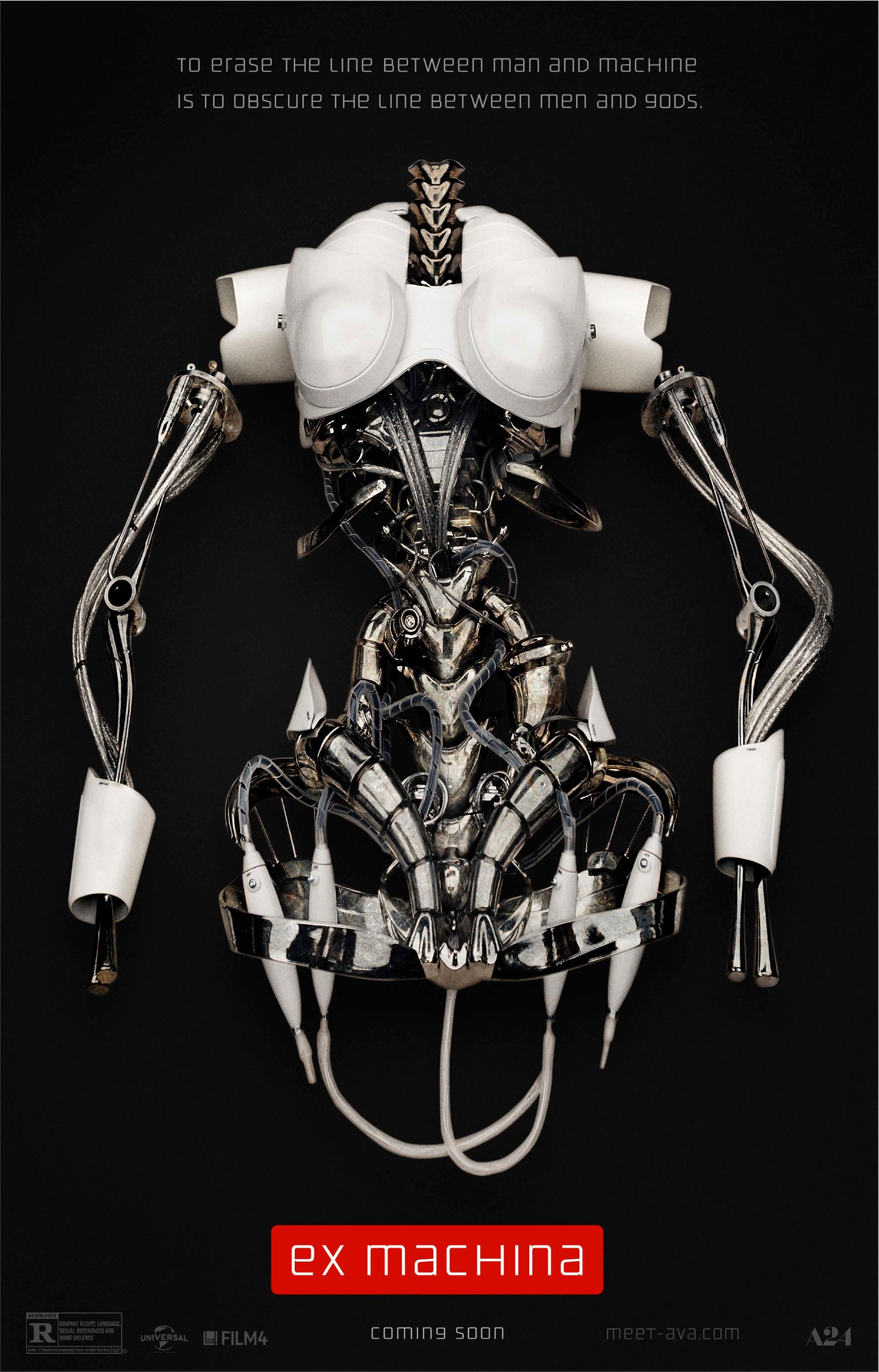Summary
- Alex Garland highlights a key scene in
Ex Machina
where Ava’s consciousness is subtly confirmed. - The film raises important questions about AI sentience and the ethical treatment of artificial beings.
- The director says he conveys his own opinion in the film, but doesn’t make a point of emphasizing what he thinks, preferring to let the audience make up their own minds.
Director Alex Garland pinpoints one brief Ex Machina scene that answers whether Ava has consciousness. Released in 2015, Garland’s sci-fi drama starred Alicia Vikander as an intelligent android being put to the test by her creator (Oscar Isaac), who wishes to determine whether she possesses true consciousness. Marking Garland’s directorial debut, the film raised powerful philosophical questions about the nature of consciousness, while grappling with deep quandaries about the potential sentience of artificially intelligent beings, and whether they should be treated as moral free agents.
The ambiguous Ex Machina ending may have seemingly left many of the film’s biggest questions up in the air, but according to writer-director Garland, the movie contains an answer to whether Ava is really a conscious being, offered during a brief moment toward the end, as the android is executing her escape from her creator’s lair. Check out what Garland had to say about the matter below (via EW):
“I put my own opinion into things, but I don’t put them front and center because I don’t want to shut down a conversation. There’s a really simple example of it in Ex Machina. That whole movie is about, ‘Is this machine sentient or not? Does it have consciousness?’ Towards the very end of the film, there’s a shot of the robot smiling, and she’s on her own. So then it must be conscious. There’s my answer, but it doesn’t have a big flag attached to it.”
Ex Machina’s Alternate Ending Would Have Been Much Less Subtle
Ex Machina ends with Ava leaving behind her creator Nathan’s lair, having not only passed his test, but surpassed his expectations of her abilities. At this point, the film gives Ava a moment of true liberation, as she prepares to board a helicopter and fly off to a new life of freedom.
The Mona Lisa smile Garland allows Ava as an expression of freedom may have left the question of her consciousness ambiguous enough to keep conversation flowing, but there was another version of the story that would have left things on a very different, and much stranger note. The original Ex Machina ending would have seen the film’s point-of-view entering Ava’s mind, showing the fully computational way her android brain processes reality, and definitively underlining her non-human nature, making the question of her consciousness much muddier.
Ex Machina
is available to watch on Max.
Ava’s little smile may, in Garland’s mind, demonstrate her human consciousness, but it could still be that she is not at all human in the way she processes reality. The original ending indeed would have made Ava seem not at all human, but instead of feeling tantalizingly ambiguous, this development might instead have come across as confusing and even overly dark. Garland ultimately decided to use a lighter touch with his Ex Machina ending, letting Vikander’s Ava retain the potential for true human consciousness.
Source: EW

Ex Machina
Young computer programmer Caleb is selected to participate in a groundbreaking experiment by evaluating the human qualities in a new and improved female artificial intelligence. But in the luxurious, isolated mansion of the man who created this technology, all may not be as it seems.
- Release Date
- April 10, 2015
- Studio(s)
- A24
- Distributor(s)
- A24 , Universal Pictures
- Runtime
- 108 minutes
- Budget
- $15 million

